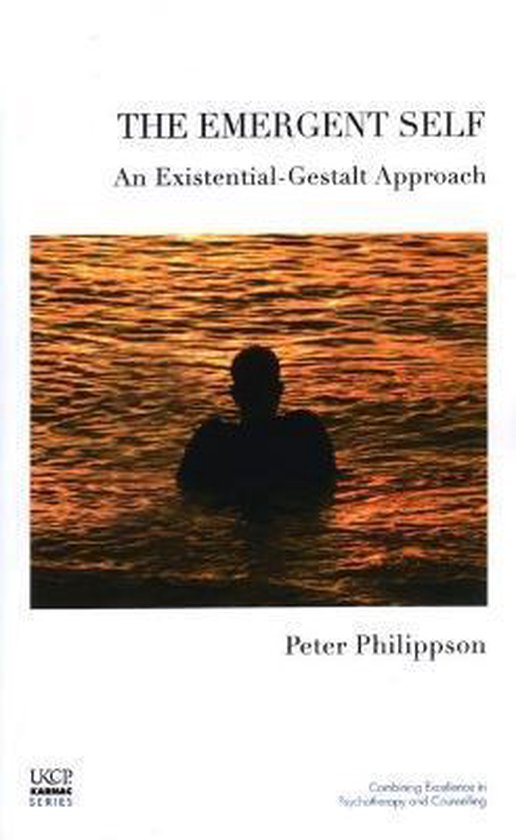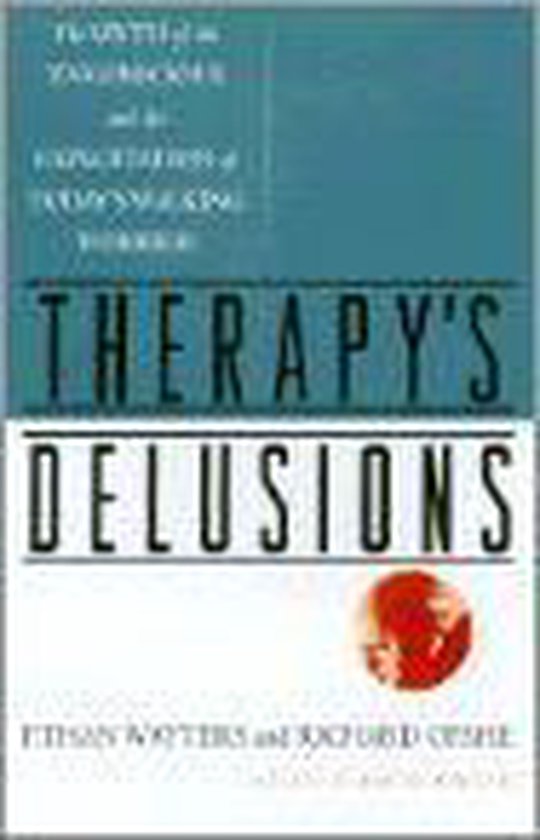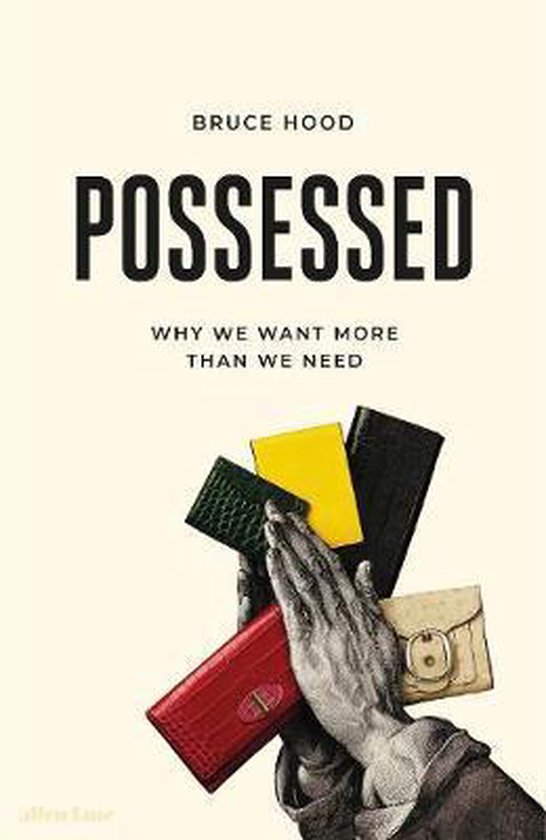
The Emergent Self
Tracks a particular understanding of self, philosophically, from research evidence and in its implications for psychotherapy. This book includes at each stage the theory that the author is working from, the clinical implications of the theory, followed by some links to the philosophical outlook inherent in the theory, and finally a case example.
This book tracks a particular understanding of self, philosophically, from research evidence and in its implications for psychotherapy. At each step, the author includes first the theory he is working from, then the clinical implications of the theory, followed by some links to the philosophical outlook inherent in the theory, and finally a more extended case example.It takes the view that the continuing self is partly an illusion, partly a construct, and that we in fact have to work to stay the same in the face of all the different possibilities the world offers us. The author believes that we do this for two reasons. First of all, continuity allows deeper contact: friendships, loving relationships with partners and families. Secondly, and balancing this, the predictable is less anxiety-producing, and that we avoid this existential anxiety by acting in a stereotyped way and avoiding some of the depths of contact. He argues that this dual nature of continuing self, in one context deepening contact and in another context avoiding contact, has an important place in the understanding of psychotherapy.
This book tracks a particular understanding of self, philosophically, from research evidence and in its implications for psychotherapy. At each step, the author includes first the theory he is working from, then the clinical implications of the theory, followed by some links to the philosophical outlook inherent in the theory, and finally a more extended case example.It takes the view that the continuing self is partly an illusion, partly a construct, and that we in fact have to work to stay the same in the face of all the different possibilities the world offers us. The author believes that we do this for two reasons. First of all, continuity allows deeper contact: friendships, loving relationships with partners and families. Secondly, and balancing this, the predictable is less anxiety-producing, and that we avoid this existential anxiety by acting in a stereotyped way and avoiding some of the depths of contact. He argues that this dual nature of continuing self, in one context deepening contact and in another context avoiding contact, has an important place in the understanding of psychotherapy.
| Auteur | | Peter Philippson |
| Taal | | Engels |
| Type | | Paperback |
| Categorie | | Persoonlijke ontwikkeling & Mindfulness |



